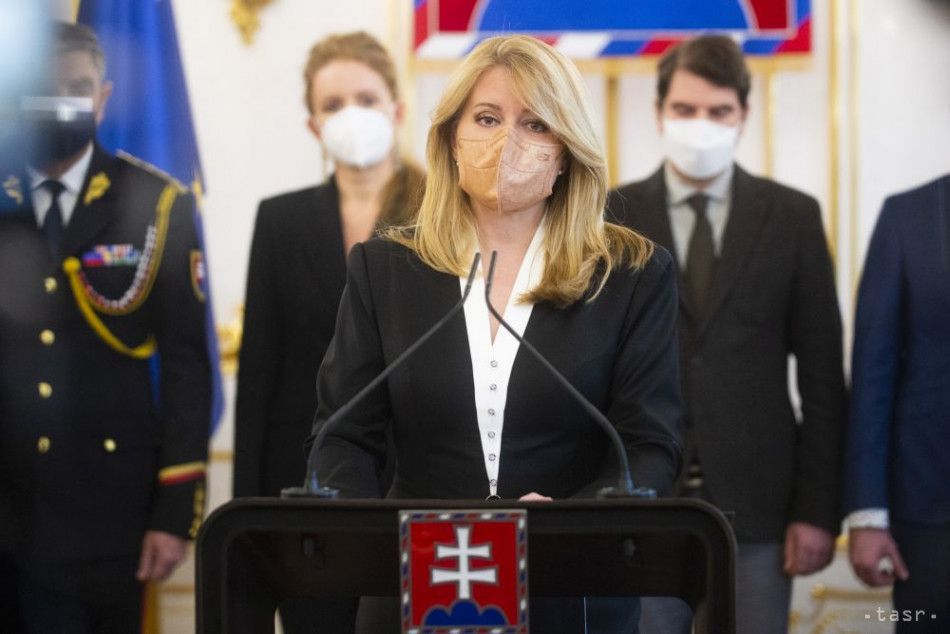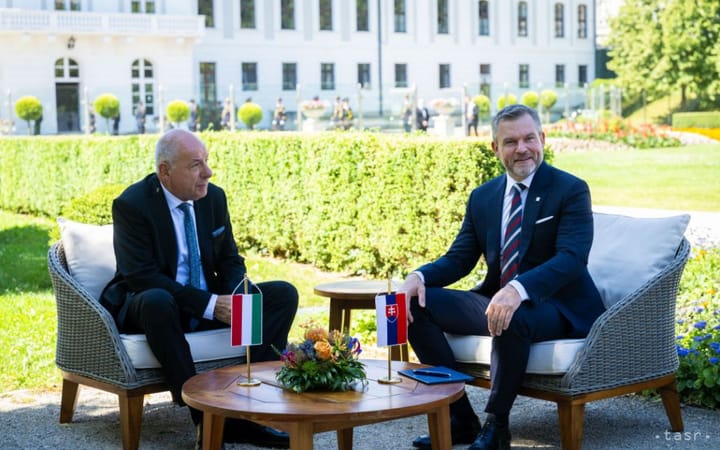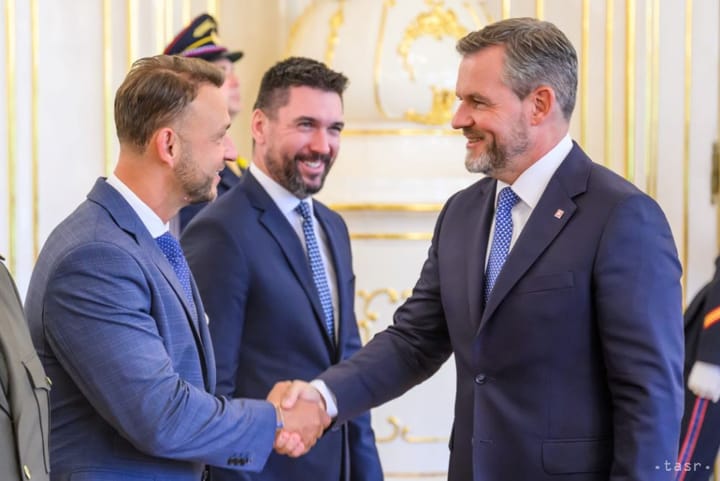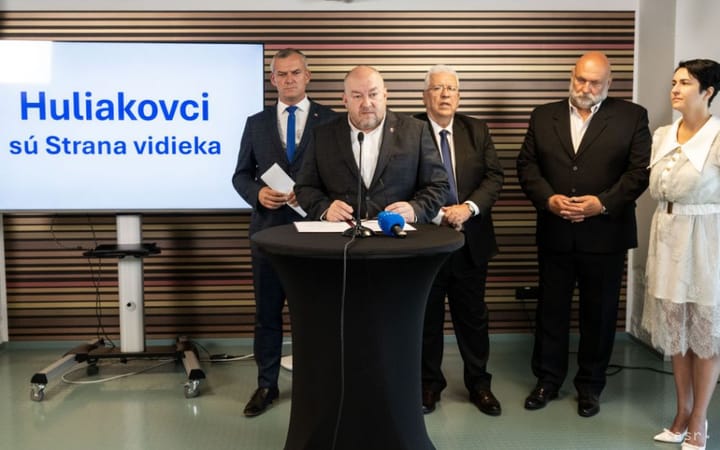Caputova: Bolstering Defence on NATO Eastern Flank in Slovakia's Own Interest

Bratislava, February 1 (TASR) – President Zuzana Caputova is convinced that bolstering the defence of Slovakia’s eastern border as well as the entire eastern flank of NATO with allied troops is in Slovakia’s own interest.
Speaking on Tuesday with respect to the Ukrainian situation, Caputova called on the public not to lose its critical thinking, differentiate between facts and propaganda and keep calm to remain level-headed.
“There are also Russian requests that merit careful consideration, such as the proposal to ban some weapon systems in Europe, and that’s why it is worthwhile to continue the dialogue with them. But the ability to make decisions on the fates of others regardless of their interests does not belong among the legitimate rights of Russia,” said Caputova.
The Slovak head of state rejects the demand by Russia to have countries outside NATO relinquish their right to join the alliance and have some NATO members grant access to NATO equipment and soldiers only with the explicit approval of Russia. “It would militate against our own interests if we granted any third country, Russia or any other, the right to veto the commitment that forms the backbone of Slovakia’s security,” she claimed.
According to Caputova, it is necessary to reject any attempt to rewind the clock back to the era when great powers carved up the continent into their spheres of influence.
Caputova underlined that Slovakia doesn’t wish to see a war with Russia, but mustn’t overlook the dangers posed by it, such as the migration crisis. “We can’t afford to act like an undecided or weak link on the Alliance’s eastern flank,” she noted.
The President also appealed for the critical differentiation between facts and the propaganda. She asked the people whether they’re really willing to believe that USA, NATO or Ukraine is the aggressor, when Russia has stationed about 100,000 soldiers on the border whereas NATO has up to 5,000.



